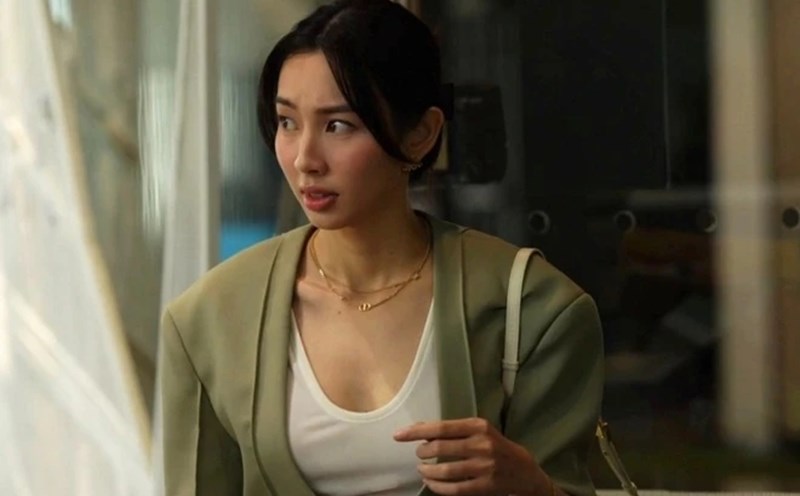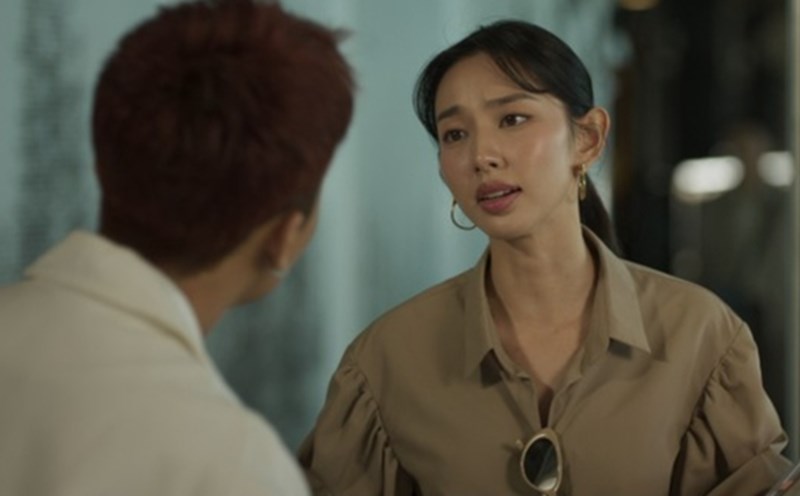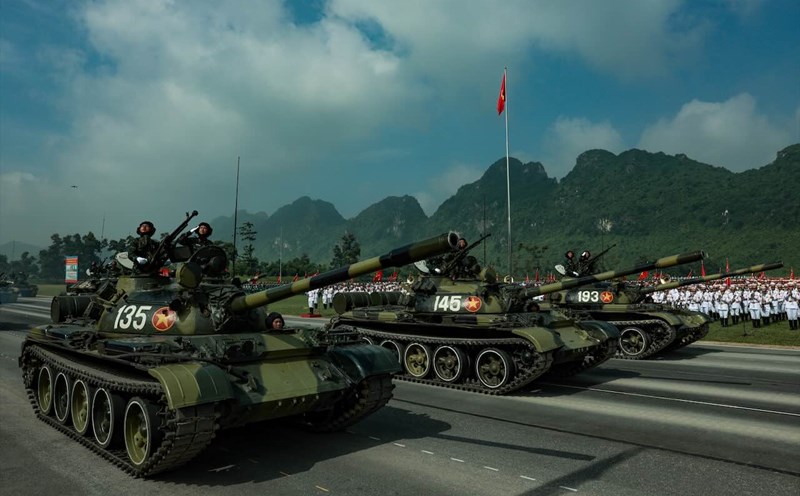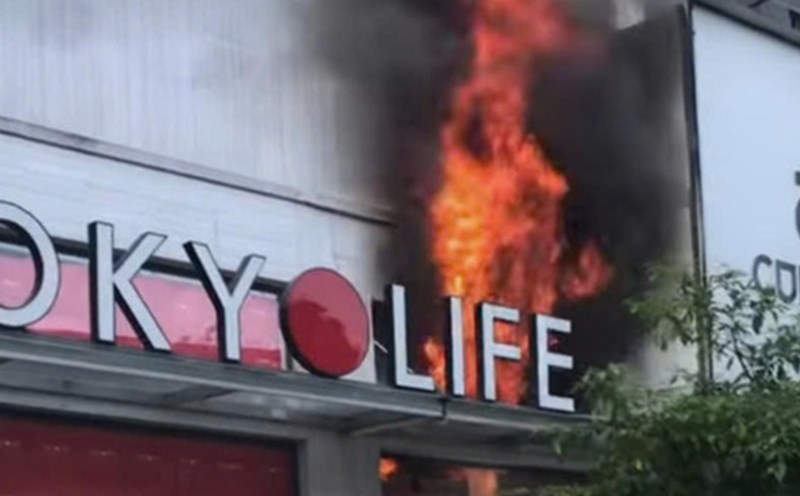For the first time, Vietnamese films use AI to replace actors
Closing the deal is the first case in the history of Vietnamese cinema where AI has replaced actors. Many controversies broke out right after the first images of the AI version of the character Hoang Linh were leaked.
Talking to Lao Dong reporter about the use of AI in film production and promotion, Mr. Dang Tran Cuong - Director of the Department of Cinema of Vietnam - said that the film "Closing the deal" has been censored and licensed legally. Management agencies consult legal experts to ensure that they do not violate their personal rights or current laws.
At the same time, Mr. Dang Tran Cuong emphasized: We are always receptive, listening to all feedback from the audience and experts to continuously improve the quality of censorship work. However, we also hope to receive an objective recognition based on the legal basis and practical technical conditions of each work.
From the professional perspective of a film director, director Ho Thanh Tuan (commonly known as Tuan Ho) - Director of K-Studio Company, who has worked for Giai Phong Film Studio for many years, TFS Film Studio commented: "This event may have a long-term impact on the way films are made and artist contracts in the future in Vietnam. The decision of the film crew of "Closing the don" was a bold, reckless experiment, but showed a spirit of not giving up. If successful (AI makes it "sweet", the audience accepts, the characters' emotions are still complete), the crew will mark history, opening a new trend of crisis handling in the Vietnamese film industry. If it fails (AI is criticized for artificial intelligence, lost, emotional destruction...), the film will become a negative example of abusing technology and forgetting the core is the viewer experience.
According to Director Tuan Ho, deepfake technology in Vietnam is still unable to completely replace the true charisma and emotional nuance of actors - especially in scenes that require psychological depth.
World cinema faces AI challenges
The Director of the Vietnam Cinema Administration commented that the emergence of artificial intelligence (AI) is a new creative tool. The application of AI in film production is no longer a strange thing, but is gradually becoming an indispensable part of the global film industry.
However, in the world, using AI to replace actors is still controversial. During filming "Fast & Furious" part 7 in 2015 (Vietnamese title: Too fast, too dangerous), actor Paul Walker unfortunately passed away in a car accident. The remaining part of the role of Paul Walker was completed with the actor's younger brother playing the role and a CGI (cinematic effects) surface.
The "War between the Stars" series used AI and CGI technology to recreate the faces of lost actors 3 times, as in the cases of Peter Cushing and Carrie Fisher.
Major brands like Disney are still cautious about AI. The project of the live film version of Moana with the deepfake version of the actor The Rocks performance by Tanoai Reed was eventually canceled due to legal concerns.
This shows that even in Hollywood, where film technology is highly developed, AI has not been widely accepted as a human replacement.
Film technical expert Tuan Ho said that AI expands the ability to tell stories and create art. AI helps solve difficult situations in production such as when the actor suddenly passes away or cannot continue playing the role. In particular, it also helps reduce the cost of filming in expensive or dangerous locations.
However, the boundaries of the rights to use actors' images and voices are still vague, especially after their deaths. And the international film market is struggling to establish new legal standards for this digital asset.
In addition, there is a risk of reducing the value of acting art when anyone can be turned into actors by AI.
The use of AI to replace actors in international cinema is an irreversible trend, but needs to be approached with careful consideration. Technology serves art, not the other way around - director Tuan Ho emphasized.












